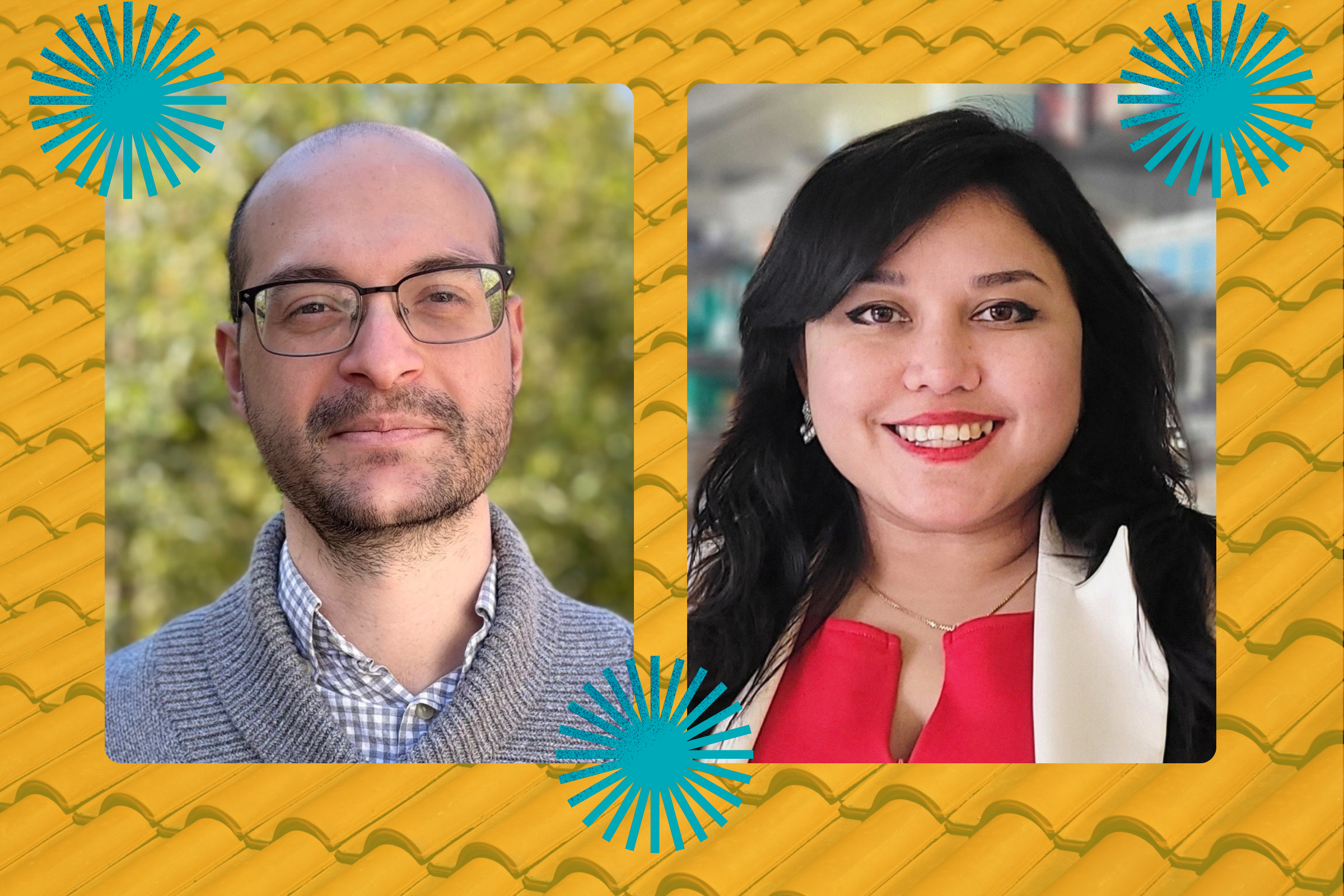How UT Scientists Contributed to Nobel-Winning Gravitational Wave Discovery
October 3, 2017 • by
Marc Airhart
No scientific discovery happens in isolation. See how UT Austin scientists and alumni are changing the world.
In the same week that the scientific community celebrated news that University of Texas at Austin alumnus Michael Young was awarded a Nobel Prize in Physiology or Medicine for his work on circadian rhythms, three scientists won the Nobel Prize in Physics for the discovery of gravitational waves, work that also was heavily influenced by UT Austin scientists and alumni.




